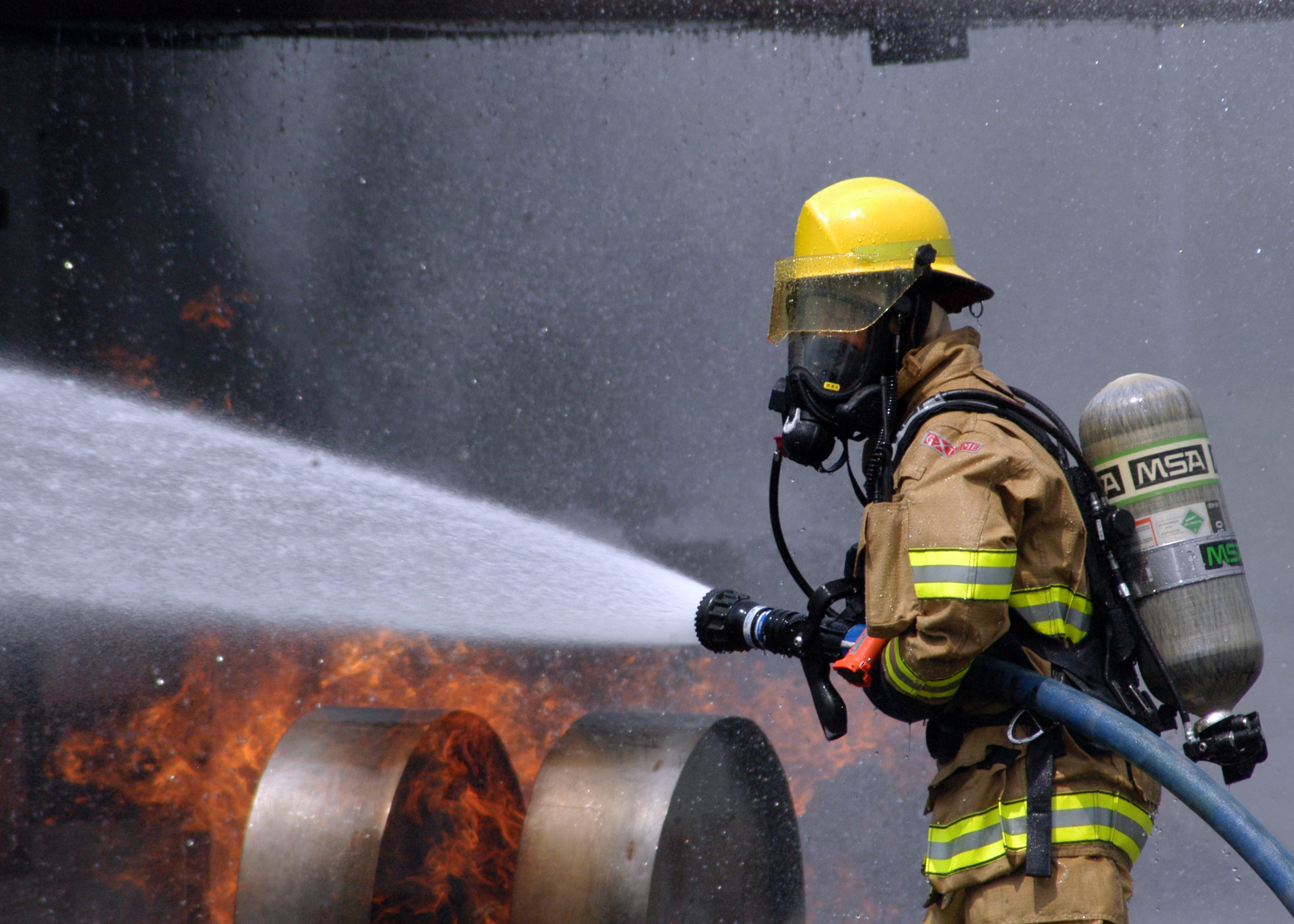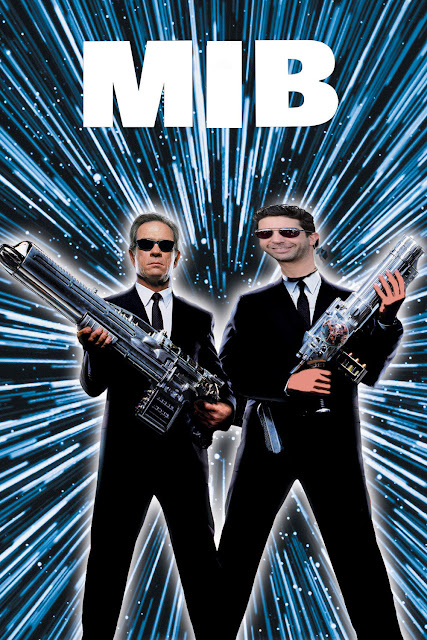Wednesday, 15 June 2016
Movie Switch-Up
So, I couldn't figure out what movie to use for this project, so I ended up stumbling upon this list of the Top 50 roles that almost went to other actors. This one I found to be really strange to think about:
David Schwimmer playing the role of Agent J in the trilogy of Men In Black movies instead of Will Smith.
It's hard to imagine anyone else but Will Smith in MIB, especially this lanky, awkward white guy.
Agent J had to be cocky, loud and funny to counter-balance the dry humor and rather emotionless character of Agent K ( Tommy Lee Jones); Will Smith played it perfectly and I'm glad they dropped Schwimmer.
Tuesday, 14 June 2016
Career(s) Overview
Two Careers I'd like to pursue: Journalism and/or Firefighting.


Why I like these careers: With Journalism, I love the mix of socials class and English class; I love writing and I also love uncovering the truth and getting to meet lots of people and learn their stories.
When it comes to being a Firefighter I love the idea of helping others, and making the community safe. My uncle is a firefighter and he has shown me how fulfilling it can be.
Educational requirements: Technically nobody necessarily needs to be highly educated to become a journalist, however it does dramatically help to have a bachelors degree in journalism.
Firefighting requires only a high-school diploma and a certificate of medical training to enter into the field.
Which Schools offer the required programs: Schools that offer a course in Journalism are Langara, Kwantlen, UBC, BCIT, Capilano University, UFV, TRU, VIU, UOT.
Difference between a Career and a Job: A job is something you do to in the short term to earn cash. It's filling a work role within a business exchange for money. A career, though, is a long-term pursuit of a lifelong ambition.
Who does the Hiring: Newspaper companies such as The Aldergrove Star or The Province are always looking to either buy stories or hire free-lance journalists. Big corporations such as Apple or Google look to hire journalists to improve marketing and report on competitors.
Different cities hire volunteer or full-time firefighters to fit positions at certain stations.
Why is this Career important: Journalism is important because it allows for big or small stories to be brought into the public-eye for all the scrutiny or praise they deserve; journalism can expose corrupt politicians, uncover drug or sex scandals and can generally help the community.
Obviously Firefighting is incredibly helpful to the community because it stops fires, helps injured or dying people and educates young children on fire prevention and safety.
Is there a demand in these Fields:

As preventative education on fires and fire safety has improved and is distributed more evenly, the amount of fires every decade steadily declines; however the amount of career firefighters continues to rise.
The field of Journalism has always and will continue to be competitive. It isn't necessarily hard to find work, it's just finding a stable career.
How Much would I get paid: The median annual income for the average firefighter is roughly $60,000.
Journalism averages $53,354 in their first year and after six years can make up to $84,365 per year.
First thing I'd buy: At this point, I'd save up to buy a laptop to use for post-secondary and mainly gaming.

Total Monthly Cost:
Rent $200
Food $150
Car Insurance $300
Leisure $150
Clothing $75
Phone $100
Savings $50
Total: $1,025/month (ROUGHLY)
Monthly Income: $5000
so I mean, technically yeah. I could sustain a life, at least initially out of school.


Why I like these careers: With Journalism, I love the mix of socials class and English class; I love writing and I also love uncovering the truth and getting to meet lots of people and learn their stories.
When it comes to being a Firefighter I love the idea of helping others, and making the community safe. My uncle is a firefighter and he has shown me how fulfilling it can be.
Educational requirements: Technically nobody necessarily needs to be highly educated to become a journalist, however it does dramatically help to have a bachelors degree in journalism.
Firefighting requires only a high-school diploma and a certificate of medical training to enter into the field.
Which Schools offer the required programs: Schools that offer a course in Journalism are Langara, Kwantlen, UBC, BCIT, Capilano University, UFV, TRU, VIU, UOT.
Difference between a Career and a Job: A job is something you do to in the short term to earn cash. It's filling a work role within a business exchange for money. A career, though, is a long-term pursuit of a lifelong ambition.
Who does the Hiring: Newspaper companies such as The Aldergrove Star or The Province are always looking to either buy stories or hire free-lance journalists. Big corporations such as Apple or Google look to hire journalists to improve marketing and report on competitors.
Different cities hire volunteer or full-time firefighters to fit positions at certain stations.
Why is this Career important: Journalism is important because it allows for big or small stories to be brought into the public-eye for all the scrutiny or praise they deserve; journalism can expose corrupt politicians, uncover drug or sex scandals and can generally help the community.
Obviously Firefighting is incredibly helpful to the community because it stops fires, helps injured or dying people and educates young children on fire prevention and safety.
Is there a demand in these Fields:
As preventative education on fires and fire safety has improved and is distributed more evenly, the amount of fires every decade steadily declines; however the amount of career firefighters continues to rise.
The field of Journalism has always and will continue to be competitive. It isn't necessarily hard to find work, it's just finding a stable career.
How Much would I get paid: The median annual income for the average firefighter is roughly $60,000.
Journalism averages $53,354 in their first year and after six years can make up to $84,365 per year.
First thing I'd buy: At this point, I'd save up to buy a laptop to use for post-secondary and mainly gaming.
Total Monthly Cost:
Rent $200
Food $150
Car Insurance $300
Leisure $150
Clothing $75
Phone $100
Savings $50
Total: $1,025/month (ROUGHLY)
Monthly Income: $5000
so I mean, technically yeah. I could sustain a life, at least initially out of school.
Monday, 13 June 2016
Wednesday, 1 June 2016
Subscribe to:
Comments (Atom)










